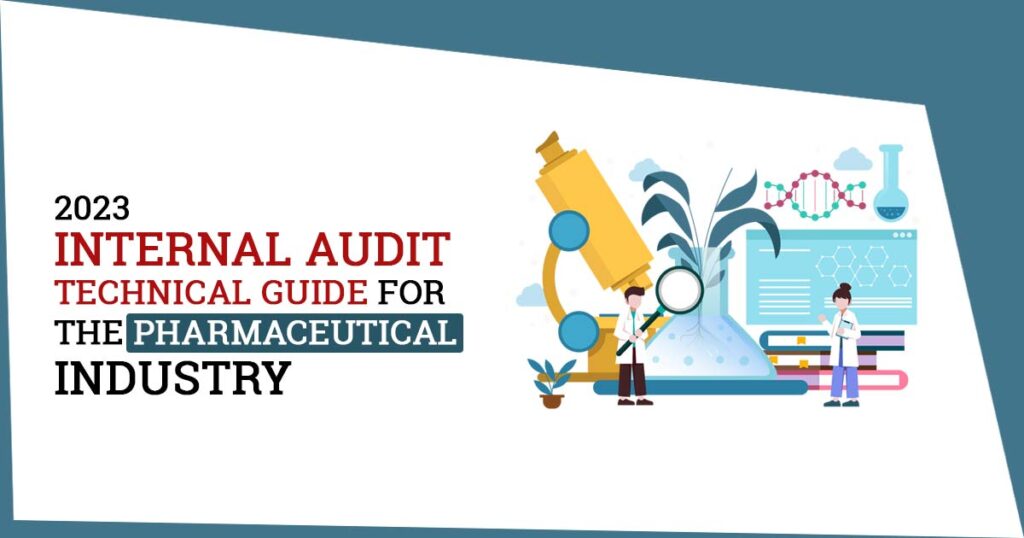Internal auditing within the pharmaceutical sector serves as a vital function, playing a pivotal role in upholding adherence to regulatory mandates, the efficiency of quality management systems, and the overarching integrity of pharmaceutical operations. Given the stringent regulations governing pharmaceutical companies, internal audits assume a pivotal role in preserving product quality, safety, and compliance with regulatory standards.
In essence, these audits act as a quality assurance mechanism aimed at detecting and correcting any deviations from established quality benchmarks. Within the pharmaceutical industry, regulatory audits, such as those conducted by agencies like the FDA, are specifically tailored quality assessments geared towards guaranteeing conformity with both national and international regulations.
What Constitutes a Quality Audit within the Pharmaceutical Sector?
A quality audit in the pharmaceutical industry is a methodical assessment that scrutinizes a company’s processes, protocols, and systems to confirm their alignment with regulatory requirements and quality control standards. These audits are indispensable for assessing and enhancing the quality and safety of pharmaceutical products. They encompass a wide range of aspects, including:
- Good Manufacturing Practices (GMP),
- Good Laboratory Practices (GLP), and
- Good Clinical Practices (GCP), among others
Get Your Accounting Service Website Done at a Low Cost Today!
Internal Audit Types in the Pharmaceutical Industry
The quality management team conducts various types of internal audits to facilitate the ongoing improvement of the organization’s Quality Management System (QMS).
Some of these internal audit types encompass:
Process Audits: These audits aim to ascertain the robustness of the overall process design and workflows. Whenever deficiencies are pinpointed, it becomes imperative to initiate a change process, involve relevant stakeholders, and implement the necessary process modifications.
Compliance Audits: These audits are scheduled at regular intervals to ensure the organization complies with all regulatory requirements. In light of changing regulations or the entry of a pharmaceutical company into new markets, adjustments may be necessary to maintain compliance.
Risk Mitigation Audits: These audits are conducted to ensure the company is diligently taking all requisite measures to identify and mitigate potential risks. Such risks could be rooted in previous audit findings, customer complaints, or even risks identified during inspections. It is crucial to proactively and promptly address all types of risks, including those related to people, processes, products, and equipment.
Read Also: Extension of UDIN Special Amnesty Scheme by ICSI: FAQ
Internal Audit of Pharmaceutical Industry 2023 technical guide
The Institute of Chartered Accountants of India, along with other Board members, has played a crucial role in the creation of the “Technical Guide on Internal Audit of Pharmaceutical Industry.” This industry is experiencing rapid growth within the country. This comprehensive publication serves as a valuable resource for our members, enabling them to perform internal audits that add substantial value. These audits, in turn, provide insights that contribute to enhancing operational efficiencies, managing risks, allocating capital, and expanding the market presence of pharmaceutical companies in the nation.
Furthermore, apart from these aspects, financial and IT audits are periodically conducted.
To offer clear guidance to internal auditors involved in auditing pharmaceutical industry companies, ICAI has released the “Technical Guide on Internal Audit of Pharmaceutical Industry.”
This guide is the ultimate reference for effectively planning and executing internal audits in the pharmaceutical sector, https://resource.cdn.icai.org/76499biama617440iapi.pdf.
